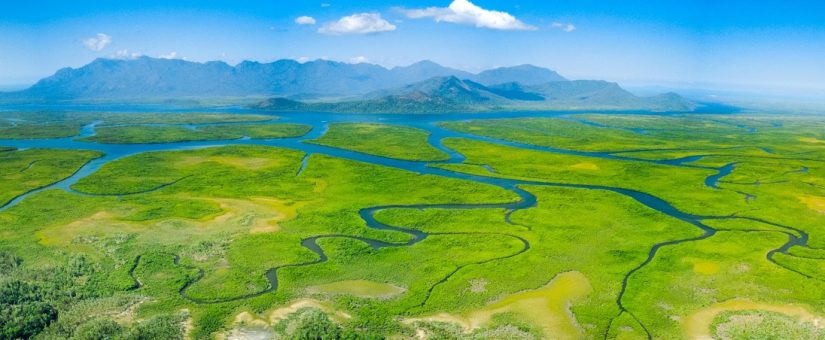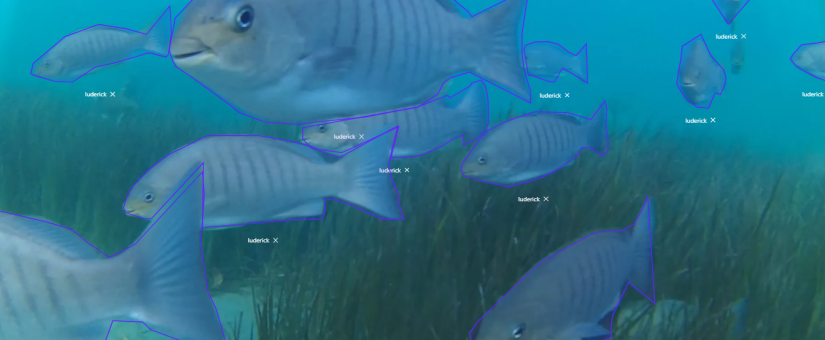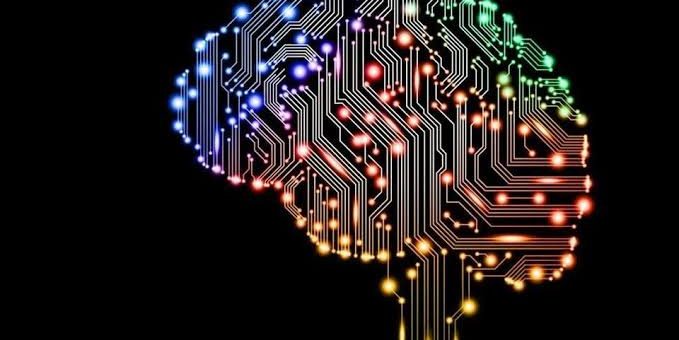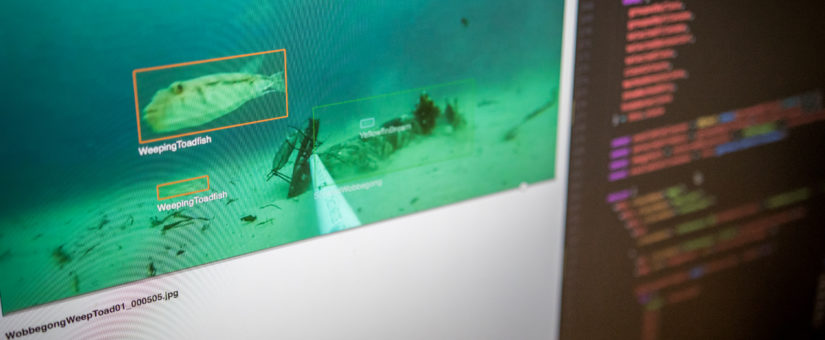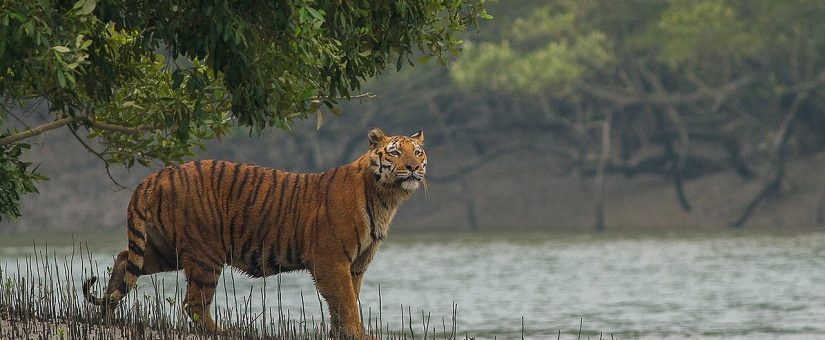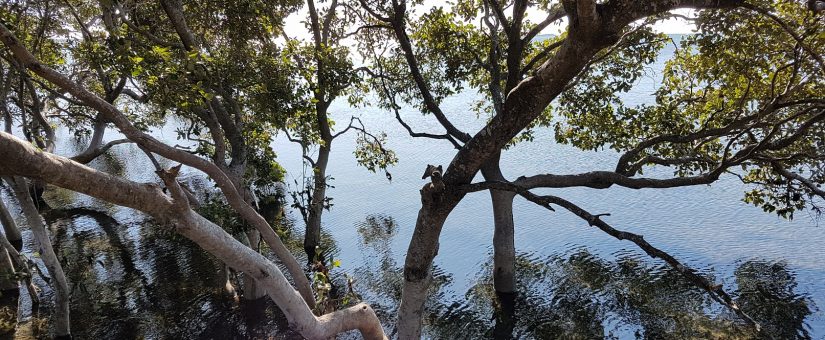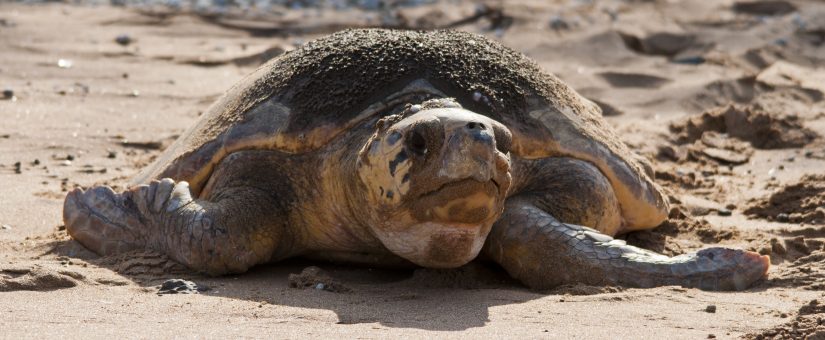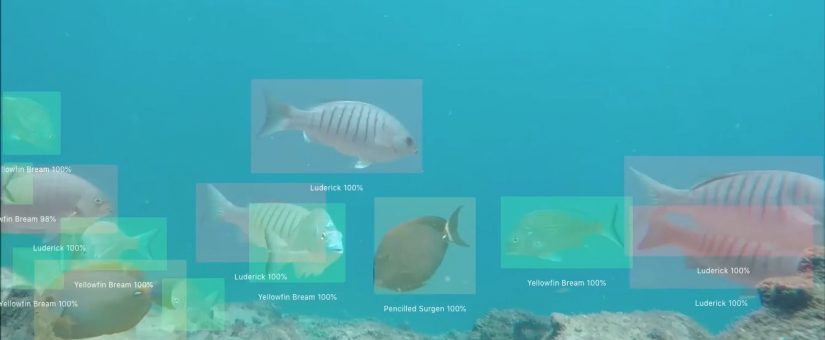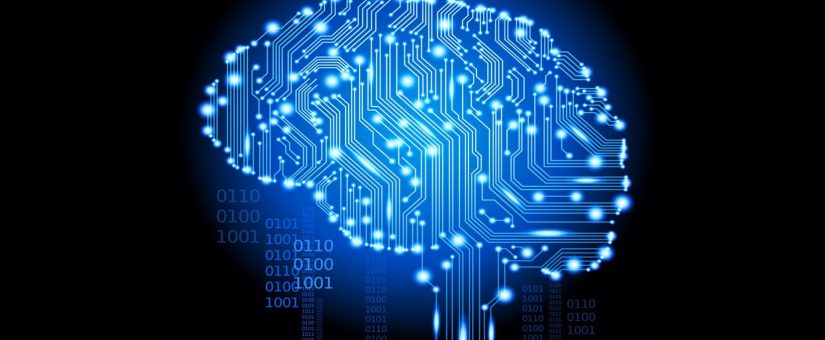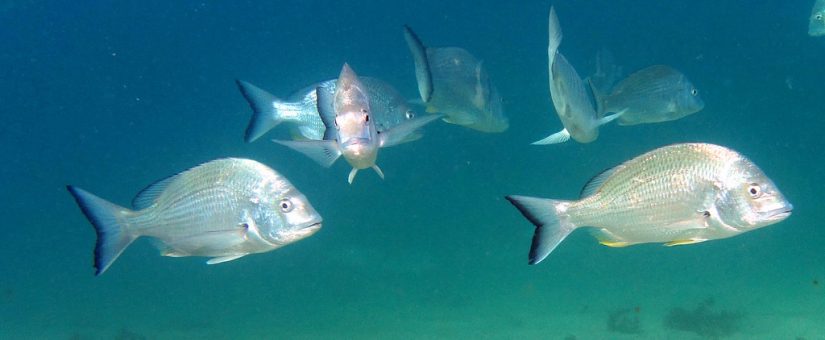New funding to support a synthesis of mangrove threats, governance, and conservation outcomes.
- Posted by Marina Richardson
- On December 11, 2020
By Dr Mischa Turschwell & Dr Dominic Andradi-Brown Mangrove forests are critical ecosystems that support threatened species and provide vital ecosystem services including the provision of habitat for fishes and other marine species, protecting shorelines from erosion and the storage and sequestration of carbon, a process critical in the fight against climate change. Despite the […]
Read More


